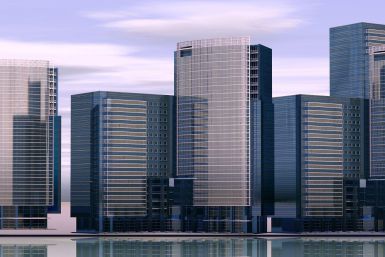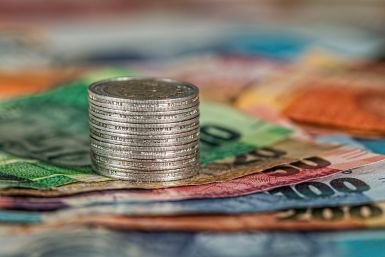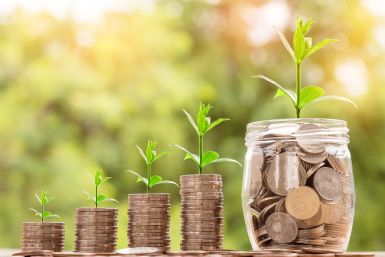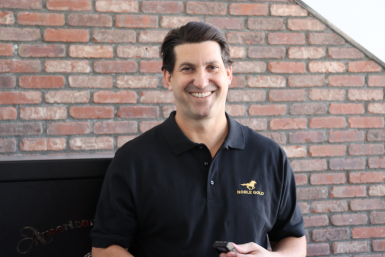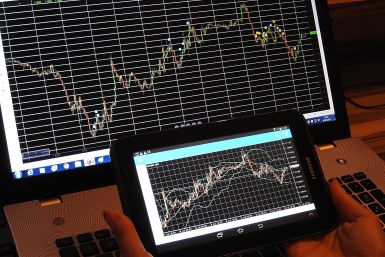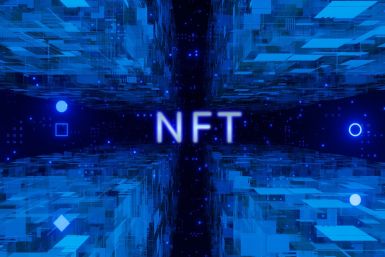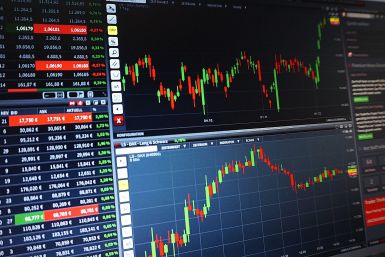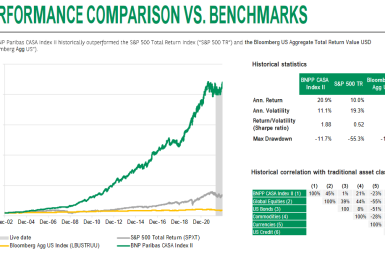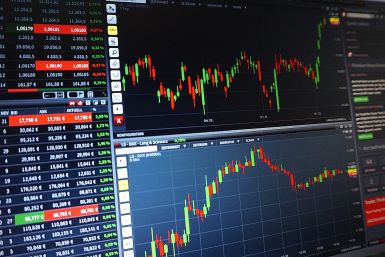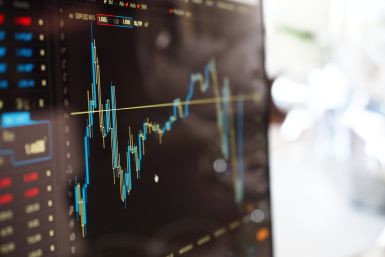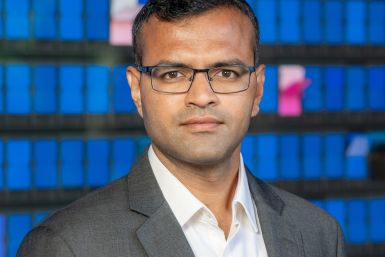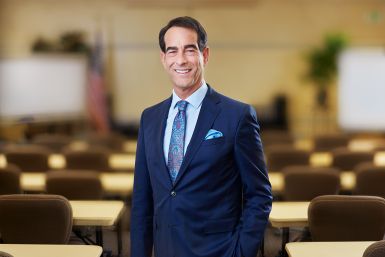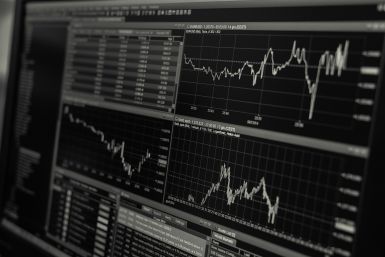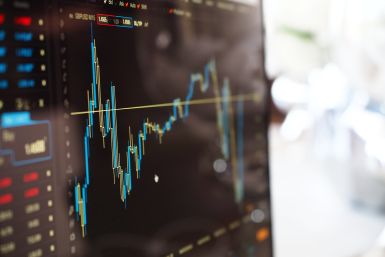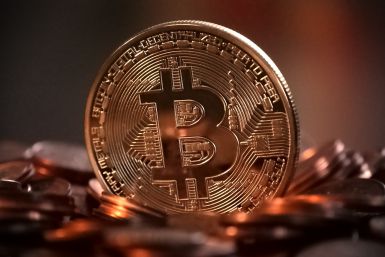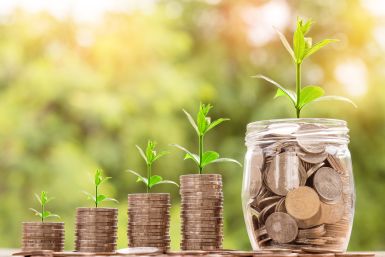According to AARP's annual Financial Security Trends Survey, 33% of respondents say they will not have enough money for retirement, an increase from 29% in January 2023.
Mark Leonard, the President of LEO-LAND Inc, a diversified Iowa corporation with its wholly owned subsidiaries of Agcom Financial Services and Leonard Limousin and Angus, has been a staunch advocate for a lesser-known yet lucrative investment: agricultural land.
VOLA Finance tackles fiscal complexities head-on, empowering users to confidently navigate the tapestry of their finances with transformative solutions and cutting-edge tools.
Fundera Is a leading online marketplace that effortlessly connects small businesses with a diverse network of reputable lenders.
National Business Capital is a powerful ally for entrepreneurs seeking capital to ignite their growth.
Banking partners and platforms streamline the investment process, making it easier for people to harness the power of their savings.
In the dynamic world of investments, where opportunities abound, Intouch Capital Switzerland has emerged as a transformative force.
After a successful two-year period with select customers, Allermuir Capital has announced the availability of their proprietary Artificial Intelligence system
In North America, crypto-friendly banks are dwindling with the most prominent collapsing.
In the arena of finance and investing, day trading is both intriguing and intimidating. It can be a rewarding endeavor but also comes with substantial risks.
During this year of economic uncertainty, many individuals are looking for a more personalized
According to the U.S. Federal Reserve, a recession is imminent.
Artificial Intelligence (AI) has been revolutionizing various sectors of the economy for years.
As any seasoned investor knows, the stock market is a notoriously fickle beast.
French multinational automobile manufacturer and pioneer of electric vehicles in Europe.
If you have newly become independent or are under the pressure that this inflation is going to dump you down
Registered users of the Traders Union portal can save on trading fees...
President Maduro's plans aim to buy time to put Venezuela on a path to be able to restructure its debts.
Safeheron, first coming into the spotlight thanks to its partnership trialing its Multi-Party Computation algorithm with MetaMask...
Bill Belichick is the head coach for the New England Patriots and is famous for telling his team, "the best offense is a good defense."
Securities generally referred to as stocks are financial instruments that grant stockholders a portion in a publicly traded corporation.
Online trading is becoming increasingly popular as people look for new ways to grow their wealth.
Harish Battu, a Stanford Sloan Fellow and CFA charter holder, has an impressive track record in the world of investment and finance.
People everywhere are referring to 2023 as the year of the recession.
Investors who prefer to trade indices know how important it is to get a feel for the general direction of a sector before putting their money on the line.
Do you want to boost your oil trading activity? If so, here's a step-by-step guide for improving your oil trading activity.
Many people have lost money through Bitcoin scams. This article also explains five crypto scams and ways to avoid them.
How can recent college grads and those about to earn their degrees build solid careers?
Trust Bank, which was converted into a bad asset bank, has recovered about $130 million from its former owners
On the website Investopedia, Jason Fernando explains it as "interest on interest" as well as on the original principal.
















